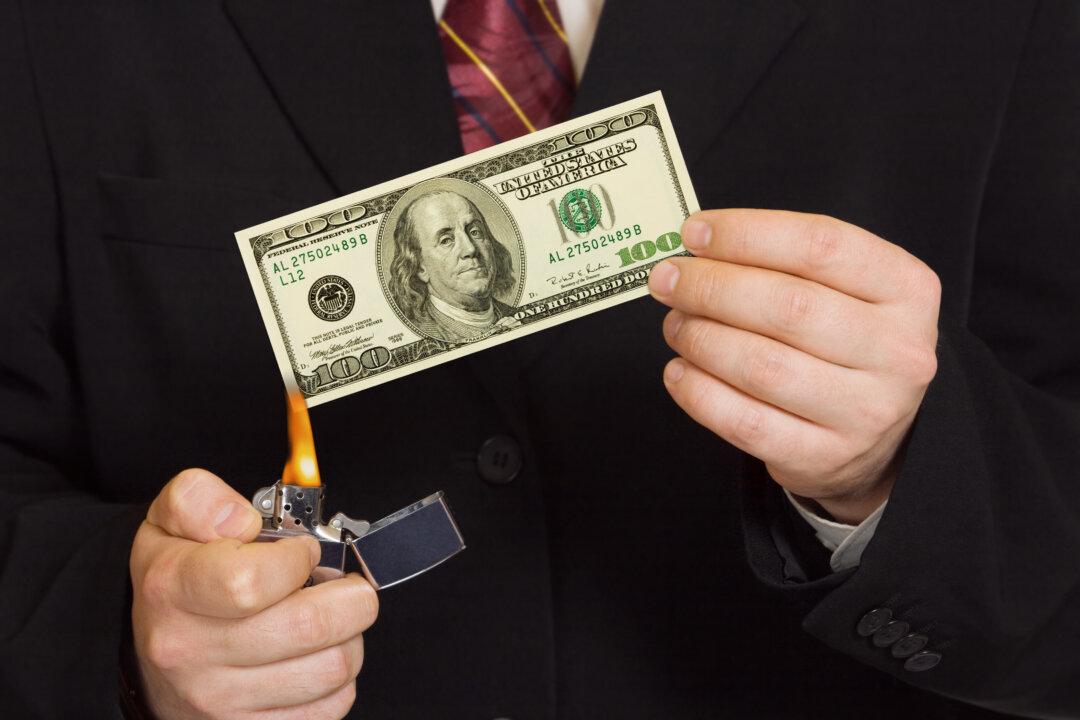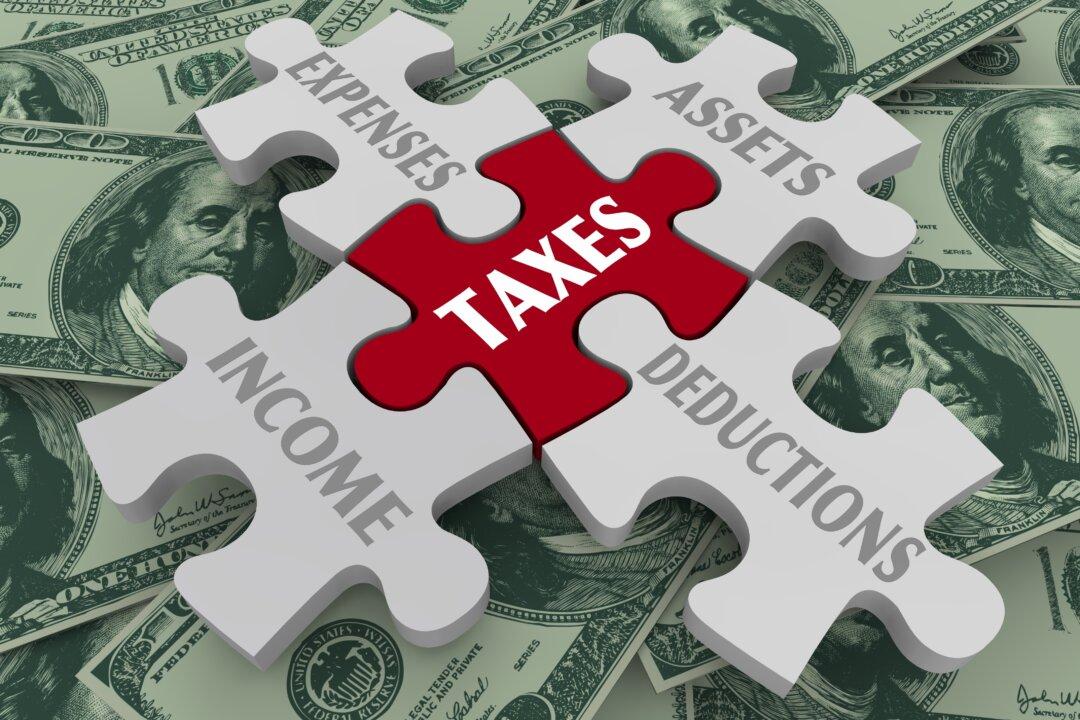This series of six articles is intended to help you navigate and put into practice basic financial information that will help you make sound decisions that provide a higher assurance of financial security.
- AVOID
- Bank charges. Banks may charge $25 for a “returned check,” even though the electronic transaction that was rejected cost them nothing. Using a non-bank ATM for cash, one that charges a fee, is a waste, even if it is convenient at the time. Monthly fees for your account are avoidable; shop banks to find one that won’t charge you a monthly fee (having your paycheck “direct deposited” is generally sufficient to avoid monthly fees).
- Credit cards. Carrying a balance and paying interest must be avoided. Don’t justify a credit card balance due to “emergency” charges. Interest today is excessively high, with some cards charging 22 percent or more per year. Look for credit cards that don’t charge an annual fee. Consider a Costco VISA. This card pays back 4 percent on the cheapest gasoline, 3 percent on restaurant bills, and no less than 1 percent on everything else.
- Traffic tickets. You can be fined $400 for a carpool violation or running a red light. Even some parking violations can run higher than $25. Say “no” to making bad choices when it comes to what you do with your vehicle. Even worse is a “driving while intoxicated” violation, requiring bail, taking classes, losing your driver’s license, plus the fine and lawyer costs. Obey traffic laws. Go back to what you learned in Driver’s Ed and foster the good habits. The issue isn’t only financial but safe passage as well.
- Debt. Interest on student loans, mortgages, and car loans is another waste, costly if you calculate what is called the “opportunity cost” that is involved. That is, if instead of interest, you had that money to invest and compound over a lifetime the money available in retirement will be much higher. This waste cost is not easily avoided, granted. Students may not have the financial resources to avoid the student debt and the payment plan they later must service after completing college. Most people cannot afford a home without taking out a mortgage. Even an automobile is difficult to buy paying cash these days. Those that lived through the Great Depression viewed debt not as facilitative but as dangerous and even destructive.
- If you must see a particular movie on the big screen, avoid altogether, or sneak in, food and drinks. Theaters make nothing on ticket sales; their profits come from refreshments, candy, and popcorn. Is it so hard to simply wait for the movie’s release on streaming video?
- Food inflation presents both a unique challenge and an opportunity to save a significant amount of cash. Restaurants have become especially expensive, servings are smaller, and servers and even cashiers are looking for tips of 20 percent or more. Alternatively, shopping for fresh fruits and vegetable, fish and lean meats, and cooking for yourself can not only save you a lot of money on your food bill but can be a healthier alternative to the restaurant if you cut out fried foods, excess salt and fat.
- Brands are bait. Most people have figured that out and avoid high-end shopping malls, although besides Saks, Gucci, and Nordstrom even GAP, Macy’s, J Crew, and Banana Republic markup apparel for the brands they carry. Consider instead buying through Amazon, Costco, or discount stores such as Target, TJ Maxx, Walmart, and Ross. You can still look and dress great!
- Depreciable assets. These are things you must buy even though over time the market or resale value will diminish. Examples are cars, furniture, appliances, and clothes. If the amount you pay is going to be the highest value these purchased items will ever be worth, yet in the future you may find you have the need to sell or dispose some for emergency cash purposes, it stands to reason that you should minimize spending on this category.






